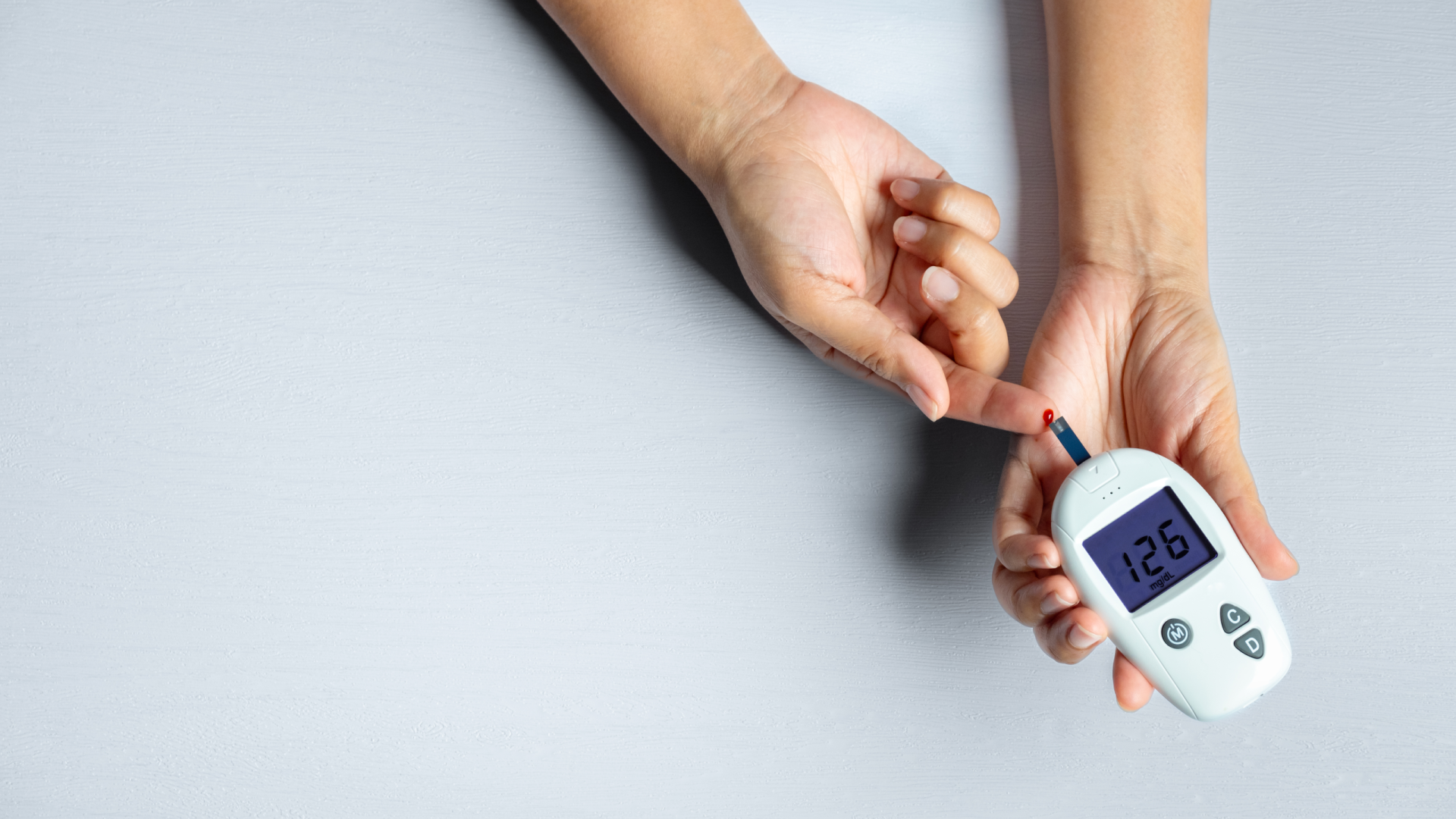Researchers from Queen Mary University of London have uncovered why some British South Asian people may develop early-onset type 2 diabetes earlier than people from European backgrounds, despite having a normal BMI. This, they reveal, could be down to a number of unique genetic factors.
Missing from crucial research
People from South Asian backgrounds are diagnosed with type 2 diabetes earlier in life, an issue in East London, where rates are high. Historically, previous studies have included very few people of South Asian heritage, narrowing research’s ability to represent diverse populations.
Now, research from Queen Mary – supported by Barts Charity – has uncovered that this could be the result of certain genetic factors that are more common in people from South Asian backgrounds compared to people from white European backgrounds.
Genetic factors that influence the likelihood of type 2 diabetes
The team examined the health data of over 60,000 British Bangladeshi and British Pakastani people who have volunteered as part of a long-term study called Genes & Health. The researchers securely linked genetic information to NHS health records in 9,771 Genes & Health volunteers with a type 2 diabetes diagnosis and 34,073 diabetes-free controls.
Researchers discovered that British South Asian people with certain genetic factors were more likely to develop lower insulin levels and less healthy body fat distribution, and this was linked to development of type 2 diabetes. They also found that these signatures also increased the likelihood of gestational diabetes during pregnancy and it developing into type 2 diabetes later.
A high-risk group who can develop type 2 diabetes at a much younger age, despite appearing healthy
The team also found a particularly startling result. For one group at high risk of low insulin levels and unhealthy fat build-up around the body, the development of type 2 diabetes occurred eight years earlier. This was despite having a BMI within a normal range.
Over time, these individuals were more likely to need insulin treatment and were at a higher risk for diabetes complications such as eye and kidney disease.
Representation matters: moving beyond a ‘one-size-fits-all’ approach to managing diabetes
The results of this study provide vital clues about why type 2 diabetes develops and how different people may respond to type 2 diabetes treatments. The researchers hope that this vital information will support the development of more precise treatments in the future.
“Thanks to the participation of so many British Bangladeshi and British Pakistani volunteers in Genes & Health, we have found important clues as to why type 2 diabetes may develop in young, slim individuals. This work also tells us how important it is to move away from a “one-size-fits-all” approach to managing type 2 diabetes, and we hope that this will allow us to find ways to offer more precise treatments that treat the condition more effectively and reduces the development of diabetes complications.”Sarah Finer, Clinical Professor in Diabetes Honorary Consultant in Diabetes at Queen Mary University of London.
Our support for research
“At Barts Charity we are committed to supporting research that helps tackle health inequality and improves healthcare for everyone in our diverse East London community. With high rates of type 2 diabetes in East London’s South Asian community, we are pleased to see the outcomes of this important study which could lead to more precise and effective treatments.” Victoria King, Director of Funding & Impact at Barts Charity.


